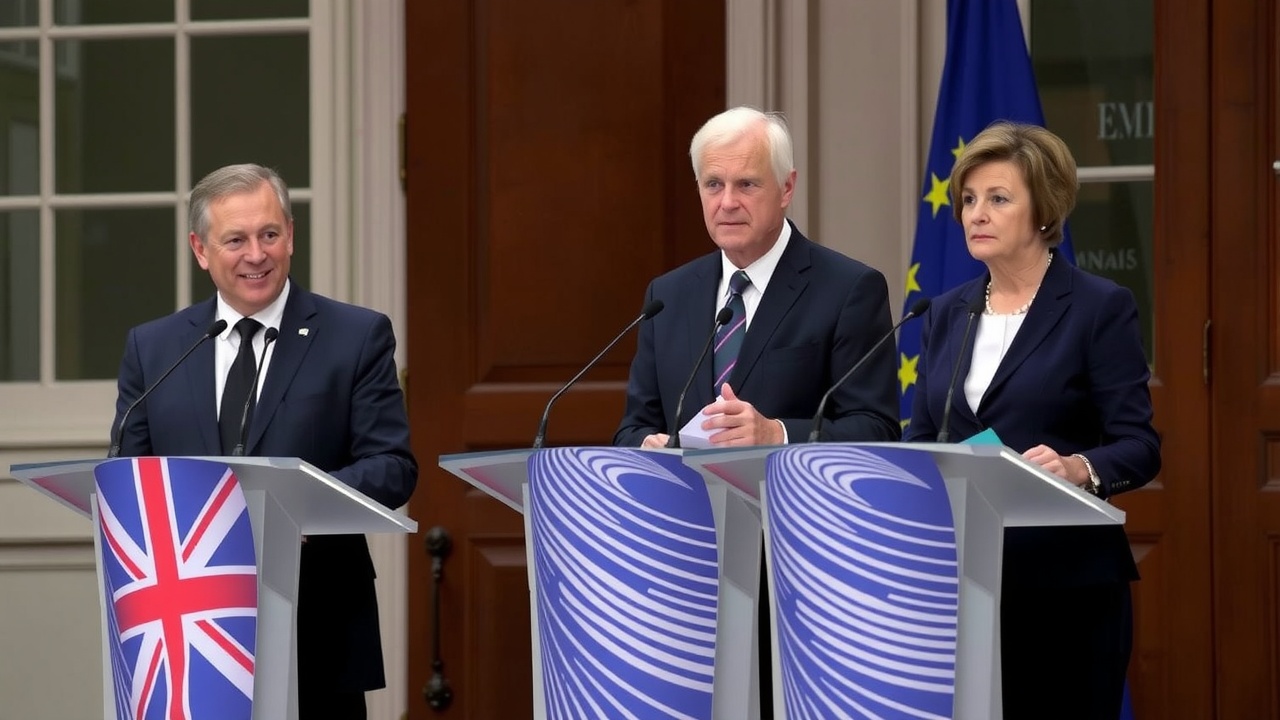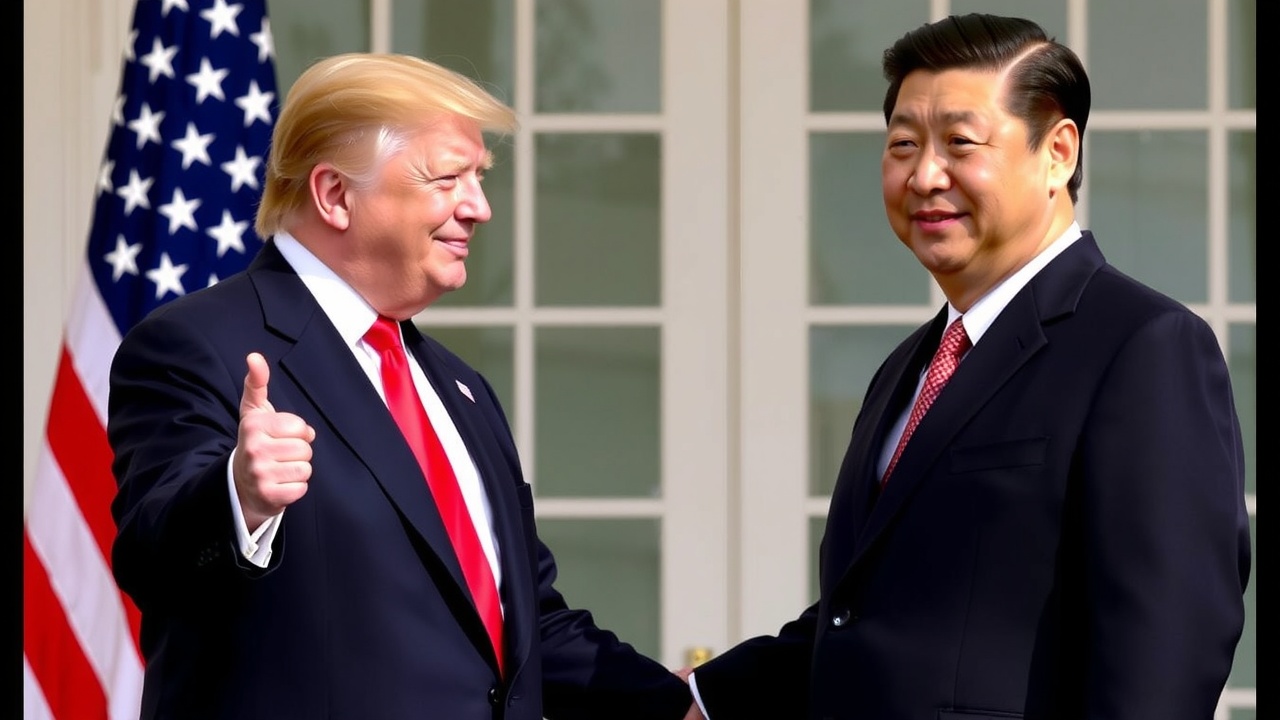
Following separate agreements with the US and India, the government has now reached an agreement with the EU
Will the UK economy be revitalized by it?
In a new deal with the European Union, Prime Minister Keir Starmer has revealed details that the government claims will "support British businesses, back British jobs, and put more money in peoples' pockets."
The agreement will enable British vacationers to use more e-gates in Europe, reduce red tape on the cross-border trade of food and drink items, and establish a new security and defense partnership between the UK and EU, among other things.
EU fishing quotas have been extended until 2038 in exchange, allowing European vessels to continue accessing British waters. After a post-Brexit agreement, these were initially scheduled to expire in June 2026.
The EU and the UK have also decided to keep negotiating on an Erasmus student exchange program and a youth mobility program for those aged 18 to 30.
This is the most recent agreement reached in recent weeks between the UK and its foreign partners.
UK companies should find it easier to export goods like cars and whisky thanks to a trade agreement with India that was reached earlier this month. Tariffs on steel and aluminum exports have been lowered from 25% to 0% and on automobile exports from 27.5 percent to 10% as a result of a trade agreement with the US.
In the end, a more robust level of GDP growth and investment inflows will be the test of whether Starmer can persuade households, businesses, and investors that Britain is "back on the world stage."
According to Susannah Streeter, head of money and markets at Hargreaves Lansdown, it is "crucial that the UK pulls as many levers as possible to boost its growth prospects" because output is "expected to slow dramatically this year."
Will the trade deal with the EU accelerate British growth?
Although the EU remains the UK's top trading partner, government data shows that since Brexit, exports to the region have decreased by 21% and imports have decreased by 7%. According to estimates from the Office for Budget Responsibility, Brexit has resulted in a 4% decline in long-term UK productivity.
The agreement made today, May 19, is by no means a reversal of Brexit; neither the single market nor the customs union nor free movement of people will be reinstated. However, it will enable the UK to import more goods, such as raw sausages and burgers, into the EU.
Additionally, the deal should lessen some of the red tape that companies have been dealing with.
A trade group called the British Retail Consortium (BRC) has reacted favorably to the news. According to BRC CEO Helen Dickinson, the changes to food and drink checks will "help keep costs down and create greater security in retail supply chains, ensuring the ongoing availability of key food imports for British shoppers."
"In addition to fostering expansion for exporters to the largest export market in the UK, retailers doing business in the EU will also experience a significant decrease in pointless procedures, paperwork, and administrative load when exporting goods, boosting our competitiveness overseas.
Number 10 claims that the measures, when combined with another part of the agreement that focuses on energy trading, will boost the UK economy by nearly 9 billion pounds by 2040.
An economic "no gamechanger," but a welcome boost.
The economists at financial firm ING contend that although today's agreement is a good beginning, it "wont massively boost the economy or help avoid tax rises in the autumn." Simply put, exports of food and livestock don't account for a significant enough portion of the UK economy.
The agreement does, however, represent a substantial improvement in UK-EU relations. The press conference was conducted in a friendly manner. "New chapters" and standing "shoulder to shoulder" were discussed. Ursula von der Lyon, the president of the European Commission, even reminisced about her time as a student in London.
ING believes that the UK could unlock at least £10 billion in fiscal headroom if it uses this platform to negotiate closer alignment elsewhere.
"The UK joining the EU's rulebook on products beyond agriculture would be the next obvious step," stated James Smith, the firm's developed markets economist. Given that the UK hasn't used its autonomy to alter these regulations very much, theoretically that shouldn't be too difficult. In the UK, the CE mark, which certifies that a product complies with EU regulations, is still widely recognized.
Smith believes that if this change materializes, the OBR may be persuaded to increase its annual growth projections by 0.1 percent annually, creating an additional 10 billion in fiscal headroom.
He added, putting these numbers in perspective: "According to UK Treasury estimates, an additional 10 billion is roughly equivalent to the revenue raised by a one percentage-point increase in employer National Insurance, or slightly more than a one percentage-point increase in the basic rate of income tax.
What potential effects might the UK-EU agreement have on the financial markets?
After the UK-EU deal was announced on May 19, the FTSE 100 closed 0.2 percent higher, while the more domestically oriented FTSE 250 closed 0.1 percent lower.
It is important to note that other factors on the international scene might have offset any benefits from the trade agreement. Global market sentiment was dampened on Monday morning when Moody's cut its triple-A rating for the US late Friday.
Even though the immediate effects are hard to separate, a deal should benefit UK investments in the long run.
"The financial markets have never been fond of Brexit, despite the fact that the British voted for it in 2016 and that successive governments have attempted to implement it. The failure of sterling to regain the ground it lost against the dollar and the euro in the immediate aftermath of the referendum is evidence of this," Russ Mould, investment director at platform AJ Bell, described.
He went on to say that "a stronger desire to interact and look for some compromises with the EU may restore some of that lost trust, and sterling-denominated assets may be able to benefit a little from investors' beginning to doubt the dollar and the idea of American exceptionalism."
Over the next few months, investment managers will be hoping that this translates into inflows. According to the Investment Association, UK equity funds have lost money ever since Brexit, with withdrawals from the industry totaling £4.22 billion in the first quarter of 2025 alone.
Considering the recent volatility in the US, some analysts believe we may witness a change. So far this year, the FTSE 100 has surpassed the S&P 500 by a significant margin for the first time in a long time. The London Blue-chip index has risen over 6% so far this year, while the S&P 500 has risen over 1%. The UK market may present better valuation opportunities after nearly ten years of decline.














Leave a comment on: The trade agreement between the UK and the EU will boost Britain's economy by £9 billion by 2040